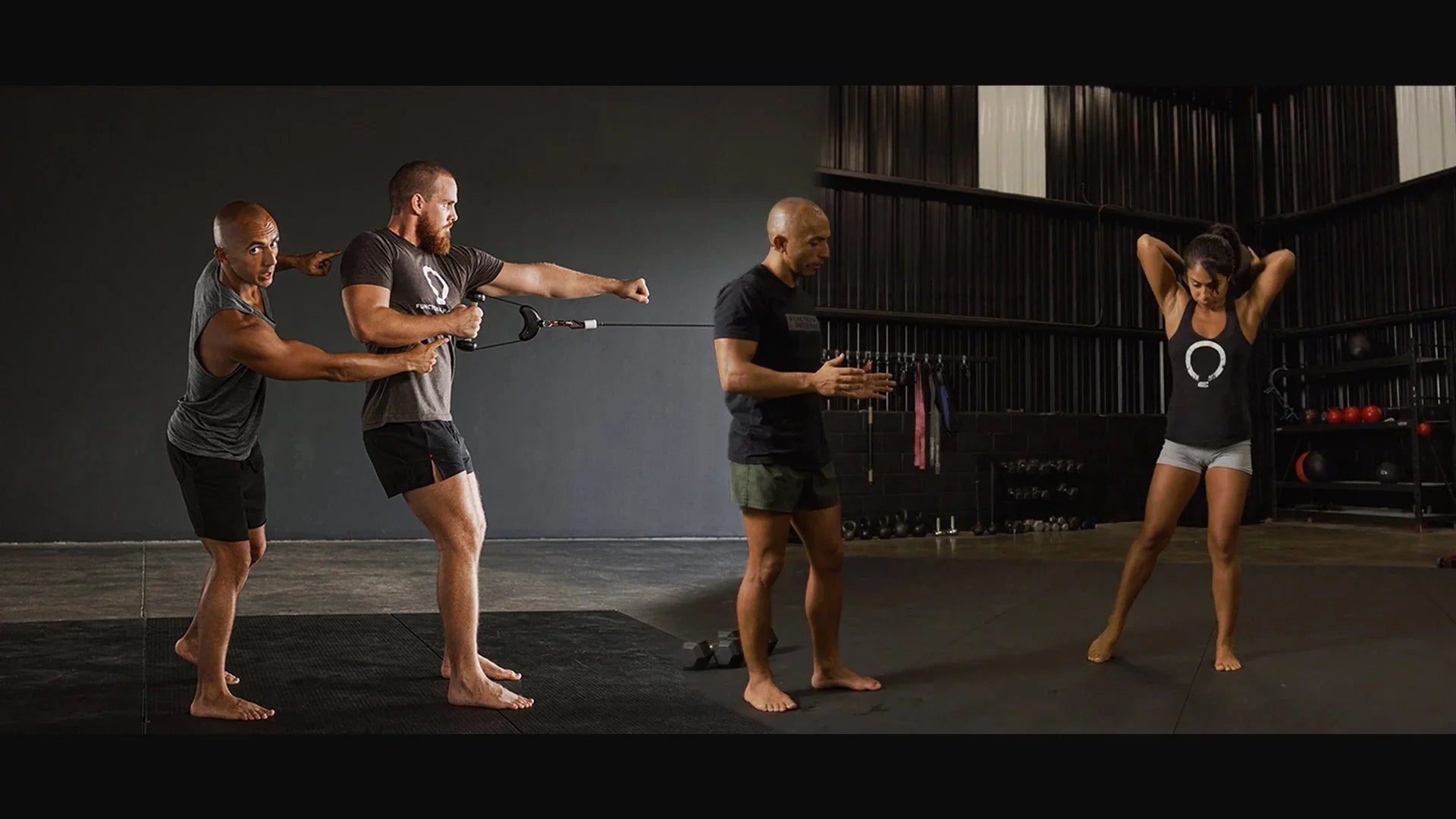In April 2021, Carla was diagnosed with stage 4/5 Parkinson’s disease on the Hoehn and Yahr scale, along with signs of cognitive decline consistent with Parkinson’s-related dementia. In January 2022, she was hospitalized due to Tako Tsubo Syndrome. Before her hospitalization, Carla could still walk—though assisted by a relative due to severe balance issues caused by knee valgus.
However, during her hospital stay, she remained bedridden for an entire month without the opportunity to stand or walk. By April 2022, her condition had worsened significantly: she presented with akinetic-rigid syndrome, stage 5 Parkinson’s, cognitive impairment, and was forced into a wheelchair. She experienced:
• Severe bradykinesia and akinesia
• Reduced spontaneous speech and social interaction
• Episodic memory lapses
• Spontaneous sleep tendencies
• Diminished creativity and partial disorientation
• Hypomimic facial expression
• Palm-chin reflex and burst speech patterns
Fast forward to today: Carla is walking again.
According to her daughters, she is now more stable and quicker on her feet than before her hospitalization. She shows increased strength, endurance, and the ability to regain balance with ease. Carla now speaks fluently, socializes comfortably, solves puzzles like Sudoku, and even cracks jokes—clear signs of improved cognitive function and memory.
Since March 2022, Carla has trained consistently with Functional Patterns for 30 minutes a day, including Saturdays. During periods when her practitioner was unavailable, her daughters helped maintain her routine, continuing through April and August.
To date, there is no scientific literature documenting regression of Parkinson’s stages—especially in its advanced forms. Carla’s case may serve as a powerful catalyst for further exploration into the potential neurological benefits of Functional Patterns for neurodegenerative conditions.






